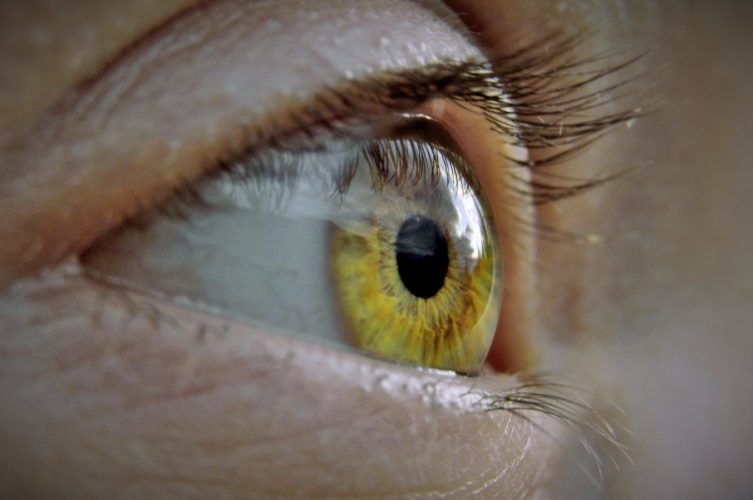Troubles with vision and hearing become more common with age, with one out of six Americans age 70 and over experiencing impaired vision and one out of four experiencing impaired hearing. A new study suggests that sensory impairments could be linked to a higher risk for dementia.
Previous studies have shown that impaired vision and hearing independently increase risk of cognitive impairment and dementia. However, the effects of dual sensory impairment (DSI) on dementia, a condition affecting up to 15 percent of older adults, was not well understood prior to a new study.
“Evaluation of vision and hearing in older adults may predict who will develop dementia and Alzheimer’s,” said lead author Phillip H. Hwang, of the University of Washington, in a press release. “This has important implications on identifying potential participants in prevention trials for Alzheimer’s disease, as well as whether treatments for vision and hearing loss can modify risk for dementia.”
In the study published in Alzheimer’s & Dementia: Diagnosis, Assessment & Disease Monitoring this month, researchers tracked 2051 participants ages 75 and over for eight years, 22.8 percent of whom had a hearing or visual impairment and 5.1 percent of whom had both impairments.
They found that DSI was associated with an 86 percent increase in risk for developing dementia, compared to having no sensory impairments. The study further concluded that more severe forms of DSI were associated with the greatest risk for developing dementia.
Participants with DSI were also more likely to be older, male, possessed co-morbidities, smoked, and consumed more alcohol than those without DSI.
The research team suggests that the link could be caused by an association between sensory impairment and “social isolation, depression, reduced physical, and mental activities, and functional limitations.” However, they caution that further research is needed to understand the mechanics behind the link between DSI and risk of dementia.





